The 13th Symposium on Generating Functions of Special Numbers and Polynomials and their Applications
(GFSNP 2023)
Antalya, TURKEY, March 11–13, 2023.
The 13th Symposium on Generating Functions of Special Numbers and Polynomials and their Applications (GFSNP 2023), dedicated to Professor Yilmaz SIMSEK on the Occasion of his 60th Anniversary, was held as a hybrid event at Sherwood Exclusive Lara Hotel in Antalya, TURKEY on March 11–13, 2023.
To view “GFSNP 2023 – Symposium Poster”, please click here!
To view “GFSNP 2023 – Symposium Brochure”, please click here!
To view “GFSNP 2023 – Symposium Program”, please click here!
To view and download the final version of the “Proceedings Book of GFSNP 2023 (with ISBN: 978-625-00-1128-7)”, please click here!
The symposium GFSNP 2023 was listing on the following Mathematics Calendars:
- American Mathematical Society (AMS) :: Mathematics Calendar, See: https://www.ams.org/cgi-bin/mathcal/mathcalendar.pl
- European Mathematical Society (EMS) Events, See: https://euromathsoc.org/events
- COMS, Conference Listings, See: https://conference-service.com/conferences/tr/mathematics-research.html
Photos of MICOPAM 2022
To view and download symposium photos taken during GFSNP 2023, please click here!
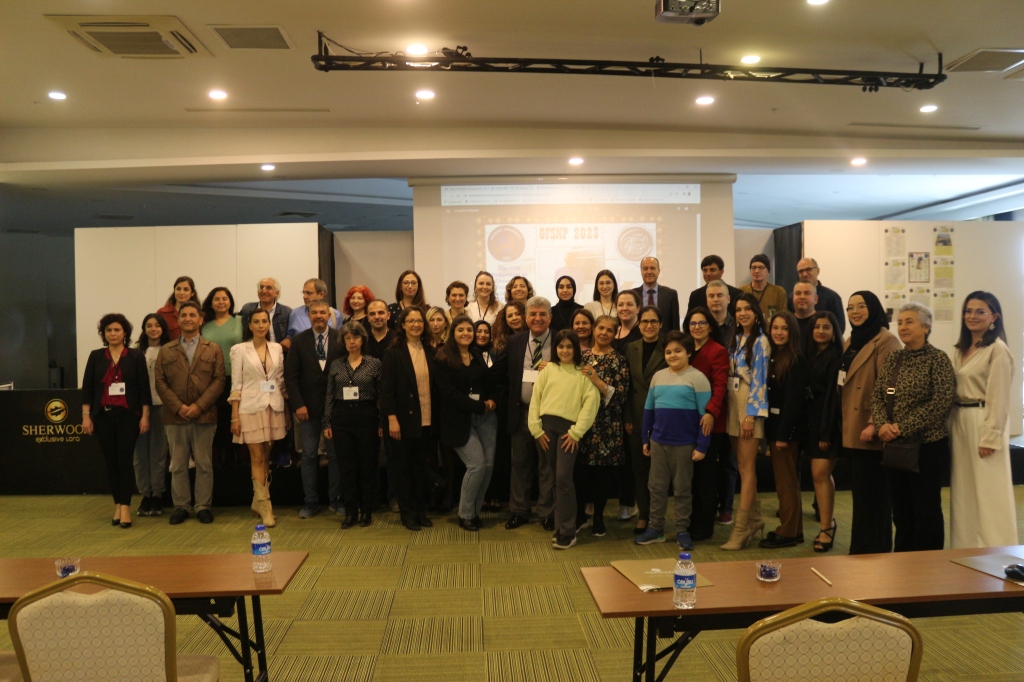
The 13th Symposium on Generating Functions of Special Numbers and Polynomials and their Applications (GFSNP 2023) has been dedicated to the respected mathematician Professor Dr. Yilmaz Simsek on the occasion of his 60th anniversary.

Prof. Dr. Yilmaz Simsek (was born in Elazığ – Turkey, on 25 October 1963), received the PhD degree in (Generalized Dedekind and Hardy sums) at Cukurova University Adana of Turkey. Professor Simsek’s carrier has been started from Adana, Cukurova University, Mersin University, and now continue at Antalya, Akdeniz University. His research interests are “Modular Forms, p-adic Analysis, q-series, Special numbers and polynomials, Special Functions, Generating Functions, Dedekind and Hardy Sums, Umbral Algebra, and Umbral Analysis, Special Functions, Real and Complex Analysis, etc.” In addition to writing hundreds of articles and book chapters in distinguished international journals of mathematical and engineering sciences, he has succeeded in making hundreds of conferences and presenting his work to the service of many researchers in the scientific world as his academic goal and philosophy of life. He has been invited to many scientific activities such as international conferences, seminars, visiting professor. He is referee and editor of many mathematical journals. He has founded the journal “Montes Taurus Journal of Pure and Applied Mathematics (ISSN: 2687-4814)”.
YILMAZ SIMSEK’s Short CV:
Professor Yilmaz Simsek was born on October 25, 1963. He is married and has two daughters.
Education
- PhD. Cukurova University (Adana-Turkey)-1993: (Generalized Dedekind and Hardy sums).
- M.Sc. Cukurova University (Adana-Turkey)-1990: (Hermitian Matrix Inequalities).
- B.Sc. Cukurova University (Adana-Turkey)-1987.
- Certificate/Diploma Teaching involving Courses in university pedagogy January 1988.
Work Experience
- Member of the faculty, Department of Mathematics, Faculty of Science, University of Akdeniz since 2005
- Since 2012 Professor
- 2007 – 2012 Associate Professor
- 2005 – 2007 Assistant Professor
- 1993-2005 Member of the faculty, Department of Mathematics, Faculty of Arts and Sciences, Mersin University
- 1993 – 2005 Assistant Professor
- 1988-1993 Member of the faculty, Mersin Vocational High School, Cukurova University
- 1988 – 1993 Lecturer
Awards
- Science Award, Akdeniz University Science Antalya Turkey, Service and Encouragement Awards, November 2011.
- Jangjeon Mathematical Society award 2017, Korea
- Ranking of scientists in Turkish Institutions according to their Google Scholar Citations public profiles.
Current Research Interests
- Real and Complex Analysis and their applications
- Analytic Number Theory and its applications
- Modular Forms
- Elliptic Functions
- p-adic Numbers and their applications
- p-adic integrals and their applications
- p-adic analysis and p-adic Distribution
- Generating Functions and their applications
- Special numbers, Special Polynomials
- Special Functions
- Integral Equations and Transforms
- q-Series and q-Analysis
- Modular form and Elliptic functions associated with Dedekind sums and Hardy Sums, the finite sums
- Theta functions
- Families of Zeta type functions
- Dirichlet series and Lambert-type series
- Umbral Algebra and Umbral Analysis and their applications
- Combinatorial Analysis and their applications
- Probability Distribution functions and their Applications
- Computational Science and Engineering
- Computational Algorithms
- Algebra of the Lyndon words
- Linear Algebra and their applications
- De Bruijn sequences
- Generating functions and special functions associated with Superoscillations
- Applications of generating functions to areas such as the human ear and teeth
International journal he founded:
- Montes Taurus Journal of Pure and Applied Mathematics ISSN: 2687-4814, https://mtjpamjournal.com.
Over and above, Professor Simsek continues to work as a referee and editor in many different national and international journals. Professor Simsek advises more than 30 graduate and doctoral students and continues to increase intensively. He provides trainings in many countries with the Erasmus exchange program and the Mevlana exchange program. As a Visiting Professor, Professor Simsek gives trainings and scientific studies in many countries. More than 300 articles and book chapters have been published, and he continues to work on these subjects either alone, either with students or with other international distinguished scientists. Professor Simsek has participated in more than 120 international symposiums and conferences and presented oral presentations in almost every part of the world and in most of the countries, despite the pandemic, he continues to intensify these oral presentations. In addition to these, Professor Simsek has organized many special workshops and has made very important contributions to many workshops and continues to do so. Professor Simsek has devoted his life to mathematics, and his only notable hobby is listening, studying mathematics or exploring new results. In this way, he has made it a philosophy of life that he is very peaceful and can do much more useful work for humanity. In conclusion, life is beautiful and meaningful doing and teaching math; for this purpose, it continues on its way tirelessly. With this philosophy of mathematics, Professor Simsek gave his two precious and beloved daughters, Associate Professor Dr. Burcin Simsek (Probability, Statistics and Biostatistics and their applications in medicine and other sciences) and Dr. Buket Simsek (Probability, Statistics and Biostatistics and their applications in medicine and engineering) has also chosen him as a colleague in different fields. He gained very deep knowledge from these two precious daughters. It is worth mentioning that the source of these successes is the tremendous and unforgettable support of his precious wife, Saniye Simsek. Professor Simsek sincerely believe that he will serve for many more years, and write more articles and books, thanks to the support and love of his family, whom he loves very much, the respect and support of his very valuable students, and all his distinguished friends around the world with whom Professor Simsek has collaborated and written articles. Further details about Professor Simsek’s professional achievements and scholarly accomplishments, as well as honors, awards and distinctions, can be found at the following website: https://avesis.akdeniz.edu.tr/ysimsek/.
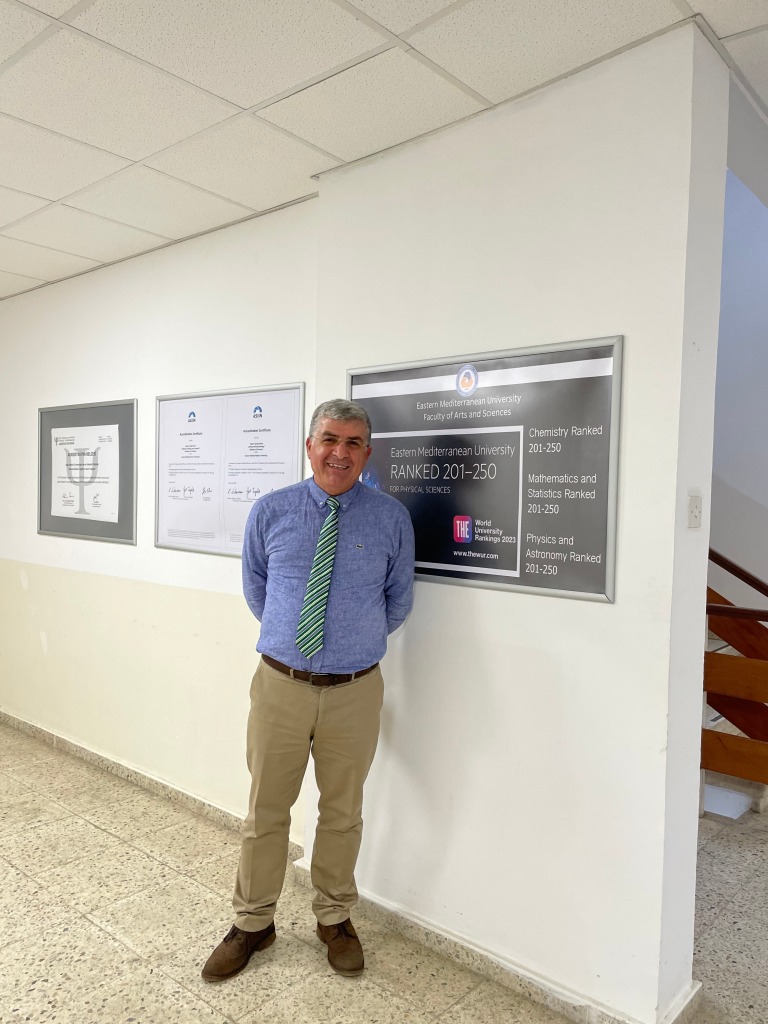
Invited Speakers of GFSNP 2023
(Sorted list alphabetically by speaker’s last name)
(Sorted list alphabetically by speaker’s last name)
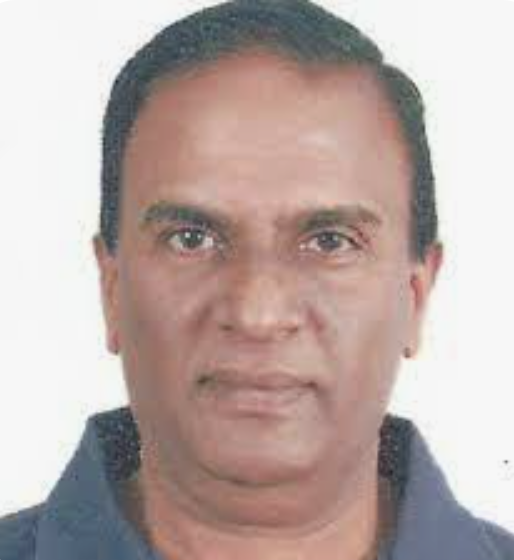
Chandrashekar ADIGA, (University of Mysore, INDIA)
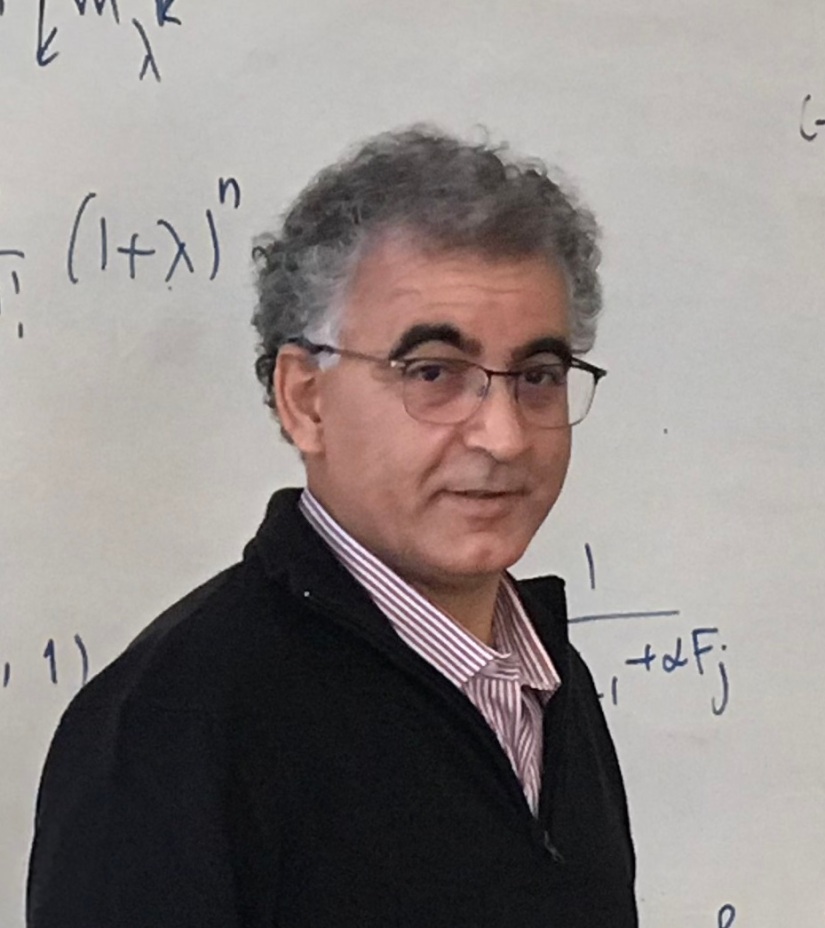
Abdelmejid BAYAD, (Université d’Evry Val d’Essonne, FRANCE)
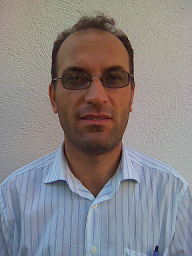
Naim L. BRAHA, (University of Prishtina, REPUBLIC OF KOSOVA)

Nenad P. CAKIC, (State University of Novi Pazar, SERBIA)
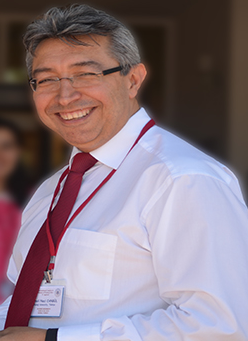
Ismail Naci CANGUL, (Bursa Uludag University, TURKEY)

Clemente CESARANO, (International Telematic University Uninettuno, ITALY)

Ahmet Sinan CEVIK, (Selcuk University, TURKEY)
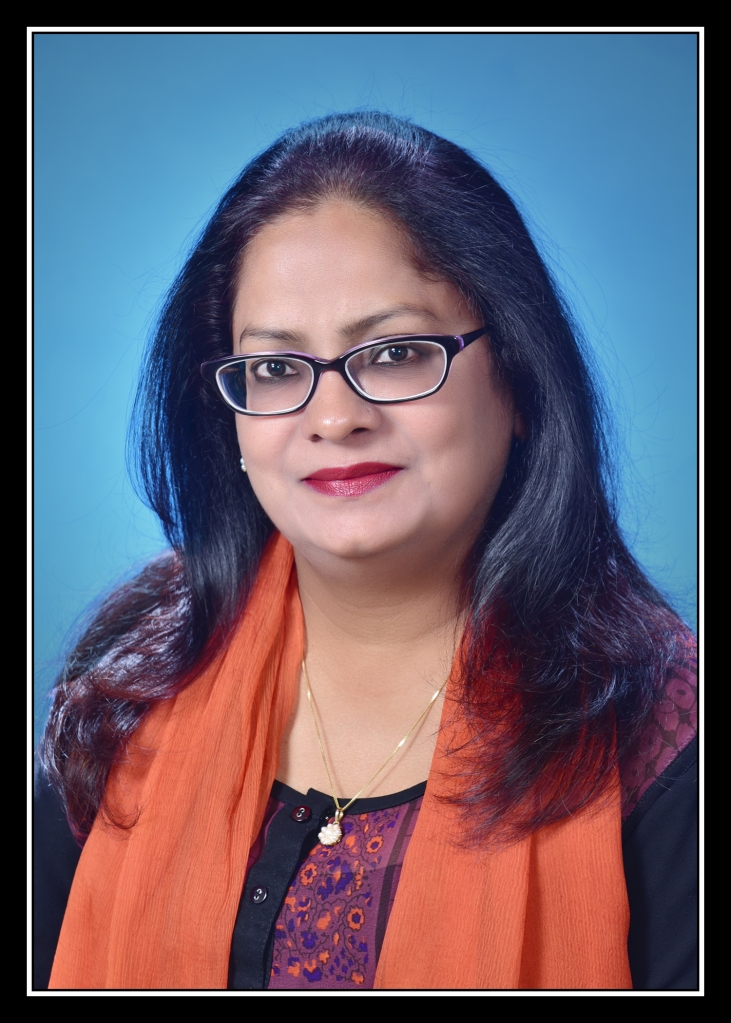
Subuhi KHAN, (Aligarh Muslim University, INDIA)
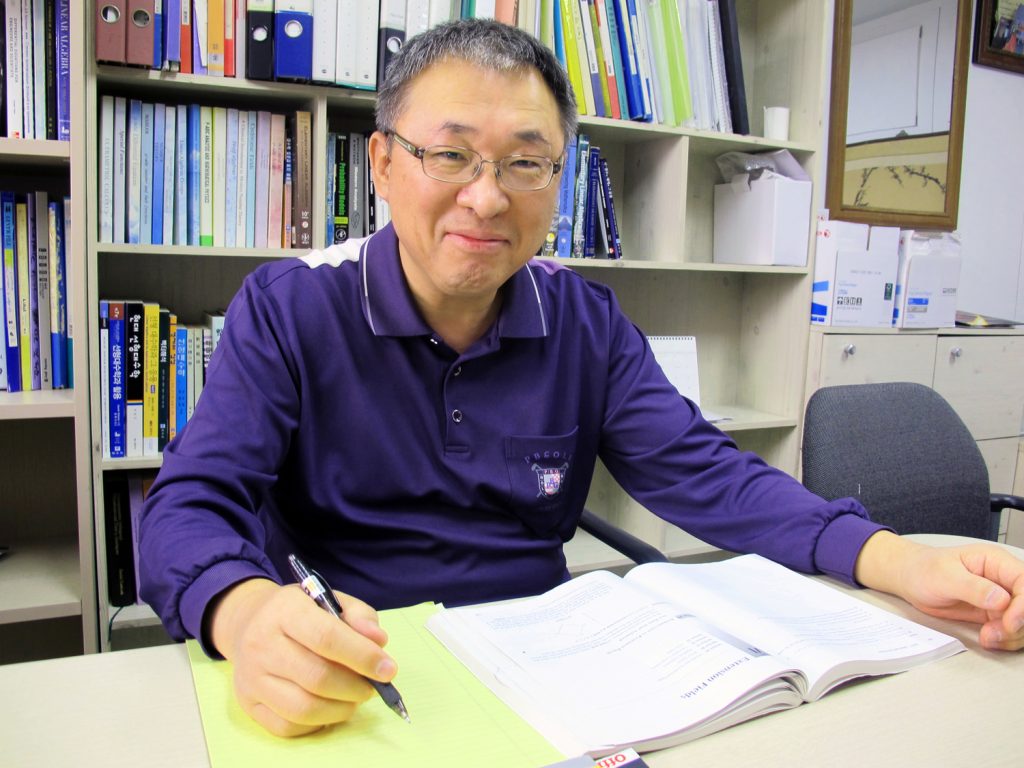
Taekyun KIM, (Kwangwoon University, SOUTH KOREA)
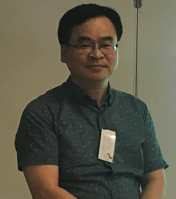
Daeyeoul KIM, (Jeonbuk National University, SOUTH KOREA)
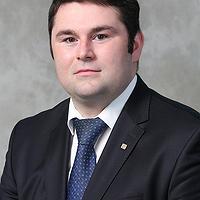
Dmitry KRUCHININ, (Tomsk State University of Control Systems and Radioelectronics, RUSSIA)
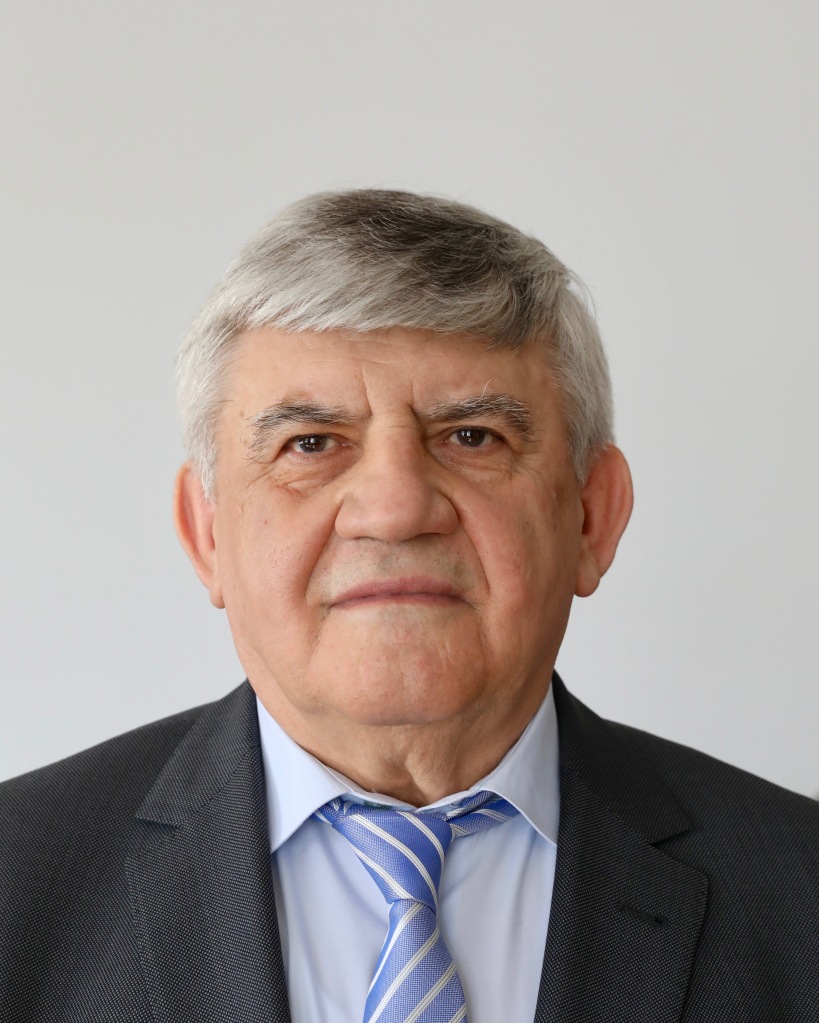
Gradimir V. MILOVANOVIC, (Serbian Academy of Sciences and Arts, SERBIA)

Jeffrey O. SHALLIT, (University of Waterloo, CANADA)
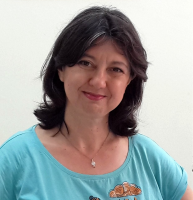
Figen ÖKE, (Trakya University, TURKEY)
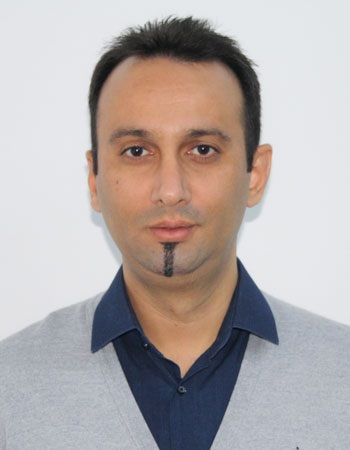
Mehmet Ali ÖZARSLAN, (Eastern Mediterranean University, NORTHERN CYPRUS)

Emin ÖZÇAĞ, (Hacettepe University, TURKEY)
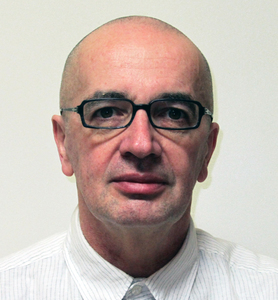
Tibor K. POGÁNY, (University of Rijeka, CROATIA)
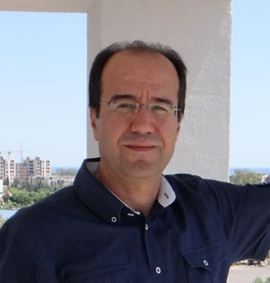
Mustafa Gürhan YALÇIN, (Akdeniz University, TURKEY)
Aim and Scope of GFSNP 2023
The aim of the GFSNP 2023 symposium is to bring together leading scientists of the pure and applied mathematics and related areas to present their research, to exchange new ideas, to discuss challenging issues, to foster future collaborations and to interact with each other.
GFSNP 2023 symposium will take place in a hybrid form with Physical and Virtual (Online) participation.
GFSNP 2023 symposium welcomes speakers whose talk or poster contents are mainly related to the following areas:
Various fields of Mathematics, Mathematical Physics, Mathematical Chemistry, Mathematical biology, and related areas such as Analysis, Non-linear Analysis, Number Theory, Applied Algebra, p-adic Analysis, Special Functions, q-Analysis, Quantum physics, Probability and Statistics, Engineering and their applications, moment generating functions, generating functions of the special numbers and polynomials and their applications, the family of zeta functions, the family of Dirichlet type L-functions, Generating function for generalized Fisher information measure, matrix models and generating functions associated with mathematical models and stochastic differential equations, Generating function in graph theory, Generating Functions in Engineering and in Applied Sciences, Generating functions involving deviation generating function, survival function generating function, generating functions discusses a large number of applications in various disciplines including algebra, analysis of algorithms, polymer chemistry, combinatorics, graph theory, number theory, reliability, epidemiology, bio-informatics, genetics, management, economics, and statistics.
Committees of GFSNP 2023
Scientific Committee
- Chandrashekar Adiga, India
- Elvan Akin, USA
- Mustafa Alkan, Turkey
- Hacer Ozden Ayna, Turkey
- Abdelmejid Bayad, France
- Naim L. Braha, Republic of Kosova
- Nenad P. Cakić, Serbia
- Ismail Naci Cangul, Turkey
- Clemente Cesarano, Italy
- Ahmet Sinan Cevik, Turkey
- Junesang Choi, South Korea
- Fabrizio Colombo, Italy
- Dragan Djordjević, Serbia
- Mohand Ouamar Hernane, Algeria
- Satish Iyengar, USA
- Subuhi Khan, India
- Taekyun Kim, South Korea
- Daeyeoul Kim, South Korea
- Mokhtar Kirane, United Arab Emirates
- Miljan Knežević, Serbia
- Dmitry Kruchinin, Russia
- Nazim I. Mahmudov, Northern Cyprus
- Branko Malešević, Serbia
- Helmuth Robert Malonek, Portugal
- Sabadini Irene Maria, Italy
- Gradimir V. Milovanović, Serbia
- Figen Öke, Turkey
- Mehmet Ali Özarslan, Northern Cyprus
- Emin Özcağ, Turkey
- Manuel López-Pellicer, Spain
- Tibor K. Poganj, Croatia
- Abdalah Rababah, Jordan
- Themistocles Rassias, Greece
- Lothar Reichel, USA
- Ekrem Savas, Turkey
- Jeffrey O. Shallit, Canada
- Yilmaz Simsek, Turkey
- Burcin Simsek, USA
- Miodrag Spalević, Serbia
- Wolfgang Sprößig, Germany
- Hari M. Srivastava, Canada
- Marija Stanić, Serbia
- Richard Tremblay, Canada
- Mustafa Gürhan Yalçın, Turkey
Organizing Committee
- Mustafa Alkan, (Akdeniz University, Turkey)
- Busra Al, (Akdeniz University, Turkey)
- Abdelmejid Bayad, (Université d’Evry Val d’Essonne, France)
- Kübra Erdem Biçer, (Manisa Celal Bayar University, Turkey)
- Elif Bozo, (Akdeniz University, Turkey)
- Ayse Yilmaz Ceylan, (Akdeniz University, Turkey)
- Elif Çetin, (Manisa Celal Bayar University, Turkey)
- Rahime Dere, (Alanya Alaaddin Keykubat University, Turkey)
- Damla Gun, (Akdeniz University, Turkey)
- Neslihan Kilar, (Niğde Ömer Halisdemir University, Turkey)
- Irem Kucukoglu, (Alanya Alaaddin Keykubat University, Turkey)
- Nazim I. Mahmudov, (Eastern Mediterranean University, Northern Cyprus)
- Ortaç Öneş, (Akdeniz University, Turkey)
- Mehmet Ali Özarslan, (Eastern Mediterranean University, Northern Cyprus)
- Ezgi Polat, (Akdeniz University, Turkey)
- Buket Simsek, (Akdeniz University, Turkey)
- Fusun Yalcin, (Akdeniz University, Turkey)
Heads of Organizing Committee
- Mustafa Alkan, (Akdeniz University, Turkey)
- Irem Kucukoglu, (Alanya Alaaddin Keykubat University, Turkey)
- Ortaç Öneş, (Akdeniz University, Turkey)
Participant List of GFSNP 2023
Note: GFSNP 2023 symposium took place in a hybrid form with both Physical and Virtual (Online) participations, for three days from March 11 to March 13, 2023. During the three days of GFSNP 2023, its participants made totally 64 oral and poster presentations, and these contributions are respectively affiliated with 15 different countries [Algeria (8), Azerbaijan (1), Canada (1), Croatia (1), France (3), India (3), Italy (1), Kuwait (1), Northern Cyprus (1), Republic of Kosova (2), Russia (4), Serbia (2), South Korea (6), Spain (1), Turkey (29)].
| First and Last Name | University/ Institution | Country | Participation type | Presentation Title |
| Yilmaz Simsek | Akdeniz University | Turkey | Contributor | Observations on certain families of generating functions with their performers |
| Abdelmejid Bayad | Université d’Evry Val d’Essonne | France | Contributor | 1-) Elliptic Bernoulli functions and Jacobi modular forms |
| Abdelmejid Bayad | Université d’Evry Val d’Essonne | France | Contributor | 2-) Arithmetic of Fekete polynomials |
| Abdelmejid Bayad | Université d’Evry Val d’Essonne | France | Contributor | 3-) Note on square-free integers values of polynomials |
| Naim L. Braha | University of Prishtina | Republic of Kosova | Contributor | Korovkin type theorems and some applications |
| Ismail Naci Cangul | Bursa Uludag University | Turkey | Contributor | The Number of Realizations of a Degree Sequence |
| Ahmet Sinan Cevik | Selcuk University | Turkey | Contributor | A consequence of deficiencies on monoids |
| Daeyeoul Kim | Jeonbuk National University | South Korea | Contributor | Dirichlet convolution and triangular number |
| Su Yeon Kong | Jeonbuk National University | South Korea | Contributor | A Property of double Dirichlet convolution sums of arithmetical functions |
| No Hyun Kim | Jeonbuk National University | South Korea | Contributor | A study of the properties of completely multiplicative functions using Dirichlet convolution |
| Taekyun Kim | Kwangwoon University | South Korea | Contributor | 1-) Identities on degenerate hyperharmonic numbers |
| Taekyun Kim | Kwangwoon University | South Korea | Contributor | 2-) Study on moments of degenerate and zero-truncated degenerate Poisson random variables |
| Dmitry Kruchinin | Tomsk State University of Control Systems and Radioelectronics | Russia | Contributor | An electronic encyclopedia of number pyramids for the generating functions |
| Mustafa Alkan | Akdeniz University | Turkey | Contributor | A note on the odd combinations set of the positive integers |
| İrem Küçükoğlu | Alanya Alaaddin Keykubat University | Turkey | Contributor | Multiparametric Hermite-based Simsek polynomials |
| Rahime Dere | Alanya Alaaddin Keykubat University | Turkey | Contributor | A note on the Narumi polynomials |
| Neslihan Kılar | Niğde Ömer Halisdemir University | Turkey | Contributor | Some novel formulas for special numbers via trigonometric functions |
| Damla Gün | Akdeniz University | Turkey | Contributor | Formulae for exponential Apostol-Genocchi splines |
| Elif Bozo | Akdeniz University | Turkey | Contributor | Some New Formulas derived from generating function for derangement numbers |
| Ezgi Polat | Akdeniz University | Turkey | Contributor | Notes on Bernoulli polynomials associated with linear map on the set of rational numbers |
| Sayım Işık | Akdeniz University | Turkey | Listener | — |
| Erkan Ağyüz | Gaziantep University | Turkey | Contributor | A Note on Positive Linear Operators Obtained with the Help of the Generating Functions Method |
| Chandrashekar Adiga | University of Mysore | India | Contributor | Ramanujan-type congruences for 7 and 49 – regular partitions modulo powers of 7 |
| Öznur Kulak | Amasya University | Turkey | Contributor | On the some variable exponent function spaces with different measures |
| Ahmet Altürk | Amasya University | Turkey | Contributor | A Note on the Generating Function for Hermite Polynomials |
| Füsun Yalçın | Akdeniz University | Turkey | Contributor | Factor Analysis and Assumptions From Multivariate Statistical Methods |
| Yasemin Leventeli | Akdeniz University | Turkey | Listener | — |
| Hamdullah Başaran | Suleyman Demirel University | Turkey | Contributor | Sharper Berezin Radius Inequality |
| Elif Şükrüoğlu | Akdeniz University | Turkey | Contributor | Generating functions for a new family of sequence |
| Beyza Çetin | Akdeniz University | Turkey | Contributor | A new approximation method to solve linear pantograph equations with nonhomogeneous |
| Nejma Ugljanin | Akdeniz University | Turkey | Listener | — |
| Özlem Karaağaçlı | Akdeniz University | Turkey | Listener | — |
| Simge Yılmaz | Akdeniz University | Turkey | Listener | — |
| Dudu Şeyma Kun | Akdeniz University | Turkey | Listener | — |
| Ahmet Yardımcı | Akdeniz University | Turkey | Listener | — |
| Elif Çetin | Manisa Celal Bayar University | Turkey | Contributor | A Note on Trigonometric Identities of the Special Finite Sums |
| Yağmur Çetin | Akdeniz University | Turkey | Contributor | Remarks on Graph Type Polynomials Involved in Chemistry and Linear Recurrence Relation |
| Hacer Özden Ayna | Bursa Uludag University | Turkey | Contributor | Remarks on Line Graphs Related to Omega Invariant |
| Tibor K. Pogány | University of Rijeka | Croatia | Contributor | Observations on truncation error upper bounds in derivative Whittaker–type sampling reconstruction |
| Mehmet Ali Özarslan | Eastern Mediterranean University | Northern Cyprus | Contributor | Univariate q-multiple Appell polynomials |
| Yagub N. Aliyev | ADA University | Azerbaijan | Contributor | Catalan Numbers and Digits of Square Root of Repunit Numbers |
| İrem Adıyaman | Amasya University | Turkey | Contributor | Multilinear Multipliers on Some Weighted Function Spaces |
| Nurten Urlu Özalan | KTO Karatay University | Turkey | Contributor | The second omega index for special graph product |
| Mustafa Gürhan Yalçın | Akdeniz University | Turkey | Contributor | Rare Earth Element Contents on Yolan Plateau in Comparison with other Plateaus, Cameroon |
| Niyazi Uğur Koçkal | Akdeniz University | Turkey | Contributor | Numerical Analysis Of Effect Of Recycled Aggregate Particle Size On Concrete Properties |
| Clemente Cesarano | International Telematic University Uninettuno | Italy | Contributor | Some results of new generalized Apostol–type Frobenius–Euler polynomials |
| Nenad P. Cakić | State University of Novi Pazar | Serbia | Contributor | New Results On Generalized Stirling Numbers |
| Manuel López-Pellicer | Universitat Politècnica de València | Spain | Contributor | Some observations on Baire-type properties in metrizable c0 (Ω, X) |
| Ceyda Mıh | Akdeniz University | Turkey | Listener | — |
| Nino Samashvili | American University of the Middle East | Kuwait | Contributor | Approximation problem in Musielak-Orlicz Spaces |
| Aykut Ahmet Aygunes | Antalya | Turkey | Contributor | Exponential function emerging from the partial Hecke operator |
| Tahmi Nabil | École Normale Supérieure de Laghouat | Algeria | Contributor | Remarks on some multiple Dirichlet series of completely multiplicative arithmetic functions |
| Benkhedda Hanane | Université Djillali Liabes | Algeria | Contributor | Global existence and energy decay of solutions to a wave equation with a dynamic boundary dissipation of fractional derivative type |
| Halima Kadari | Djillali Liabes University | Algeria | Contributor | Multiple positive solutions for an impulsive systems with three point boundary |
| Emin Özçağ | Hacettepe University | Turkey | Contributor | Results on Some Distributional Compositions via Fisher’s Method |
| Figen Öke | Trakya University | Turkey | Contributor | On Lifting Polynomials and Distinguished Pairs |
| Sabah Baibeche | University 20 Aout 1955 | Algeria | Contributor | On the stability of transmission problem for wave equations under effects of microtemperatures in the presence of distributed delay |
| Oulia Bouhoufani | University Batna 2 | Algeria | Contributor | 1-) A coupled system of nonlinear hyperbolic equations with weak damping and variable exponents: global wellposedness and decay |
| Oulia Bouhoufani | University Batna 2 | Algeria | Contributor | 2-) Blow up of solutions with positive-initial data of an hyperbolic coupled system with strong nonlinearities. |
| Gradimir V. Milovanović | Serbian Academy of Sciences and Arts | Serbia | Contributor | Orthogonal Polynomials and Inequalities of Wirtinger’s Type |
| Hye Kyung Kim | Daegu Catholic University | South Korea | Contributor | The higher-order new Fubini-type numbers and polynomials |
| Subuhi Khan | Aligarh Muslim University | India | Contributor | Umbral Approach to Generalized Bessel Functions |
| Baya Laadjal | University of Biskra | Algeria | Contributor | Bifurcation analysis in a fractional discrete predator-prey model |
| Jeffrey O. Shallit | University of Waterloo | Canada | Contributor | New Results in Additive Number Theory via Automata and Combinatorics on Words |
| Buket Simsek | Akdeniz University | Turkey | Listener | — |
| Seçil Bilgiç | Istanbul Aydin University | Turkey | Contributor | On the Second Type Unified Apostol-Bernoulli Type Polynomials |
| Eda Yülüklü | Uşak University | Turkey | Contributor | A note on Hermite base combinatorial polynomials and numbers |
| Karima Bessioud | University of Souk Ahras | Algeria | Contributor | Periodicity in Nonlinear Neutral Mixed Type Levin-Nohel Integro-Differential Equations |
| Valdete Loku | Universiteti i Shkencave të Aplikuara në Ferizaj | Republic of Kosova | Contributor | Some applications of the Korovkin type theorems |
| Yuriy Shablya | Tomsk State University of Control Systems and Radioelectronics | Russia | Contributor | Development of combinatorial generation algorithms for discrete structures associated with the Fubini numbers |
| Vladimir Kruchinin | Tomsk State University of Control Systems and Radioelectronics | Russia | Contributor | Identities for the Harmonic numbers |
| Marya Perminova | Tomsk State University of Control Systems and Radioelectronics | Russia | Contributor | Development of an algorithm for decomposition generating functions |
| Mehnaz Haneef | Aligarh Muslim University | India | Contributor | Post Quantum-Sheffer Sequences: Properties and Applications |
| Burcin Simsek | Bristol-Myers Squibb Company | USA | Listener |
Submitting Full Manuscripts to the supporting journals of GFSNP 2023
Dear Participants of GFSNP 2023,
We are thankful for your participation in the symposium. You are now invited to submit your manuscripts (compatible with the scope and publication policy of the journals) for peer review and possible publication to the supporting journals.
Symposium participants are encouraged to submit their work by sending an email to the symposium mail address: gfsnp.symposia@gmail.com.
Remark that full manuscripts must have a different title and different abstract from the studies presented in GFSNP 2023.
In addition, since the symposium GFSNP 2023 has been dedicated to Professor Yilmaz SIMSEK on the occasion of the 60th anniversary of his birth, it is recommended that you add the following statement to the “Acknowledgement” section of your manuscript:
- This paper is dedicated to Professor Yilmaz SIMSEK on the occasion of his 60th anniversary.
Moreover, if your manuscript is derived from the studies presented in GFSNP 2023, it is also recommended that you add the following statement to the “Acknowledgement” section of your manuscript.
- “Some part of this paper has been presented at “The 13th Symposium on Generating Functions of Special Numbers and Polynomials and their Applications (GFSNP 2023), dedicated to Professor Yilmaz SIMSEK on the Occasion of his 60th Anniversary, held in Antalya, Turkey on March 11–13, 2023.”
Supporting journals and their submission rules
To the attention of those who will submit their manuscripts to the following supporting journal
“Montes Taurus Journal of Pure and Applied Mathematics (MTJPAM)”:
- Manuscripts will be reviewed by at least two referees.
- The Montes Taurus Journal of Pure and Applied Mathematics (MTJPAM) is free of charge.
- In order to submit your manuscript to the journal “The Montes Taurus Journal of Pure and Applied Mathematics (MTJPAM)”, please send an e-mail (including a cover letter, PDF file, TeX file and Figure files (if any) of your manuscript) to the journal e-mail address: mtjpamath@gmail.com.
- Manuscripts must be submitted no later than 31 July, 2023 and a registration number must be obtained before the relevant date.
- For more details, please visit the website of the journal:
- Montes Taurus Journal of Pure and Applied Mathematics (ISSN: 2687-4814) – [Indexed in Index Copernicus International (ICI Journals Master List), Google Scholar, Semantic Scholar, CiteFactor, Journal Factor (JF), and General Impact Factor (GIF)]
To the attention of those who will submit their manuscripts to the following supporting journal
“Proceedings of the Jangjeon Mathematical Society (PJMS)”:
- Manuscripts will be reviewed by at least two referees.
- In order to submit your manuscript to the journal: “Proceedings of the Jangjeon Mathematical Society (PJMS)”, please send an e-mail (including a cover letter, PDF file, TeX file and Figure files (if any) of your manuscript) to the symposium e-mail address: gfsnp.symposia@gmail.com.
- Manuscripts must be submitted no later than 31 July, 2023 and a registration number must be obtained before the relevant date.
- For more details, please visit the website of the journal:
- Proceedings of the Jangjeon Mathematical Society (ISSN: 1598-7264)– [Indexed in Scopus]